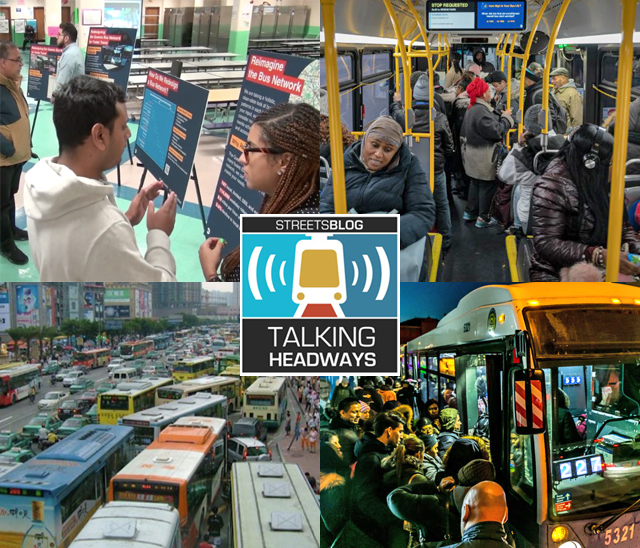What's next? Harriet Tregoning, director at NUMO, and Yonah Freemark, a senior research associate at the Urban Institute, talk about their report, "Charting Out a Next-Generation, Place-Based Federal Transportation Policy."
For those of you who get your news through your eyes and not your ears, there’s an edited transcript below the audio player. For an unedited transcript, click here.
Jeff Wood: Well, I like in the report that you all set out three pretty simple goals to approach and you mentioned access, but reducing the cost of living, creating access to jobs and activities, and reducing pollution are what I boiled it down to. How did you come up with these aspirations, goals as the three key parts to address?
Harriet Tregoning: I think the biggest breakthrough might’ve been the point that Yonah raised earlier, which is access, right? What is the point of transportation? It’s touted all over the country for lots of different things, usually associated with economic development, right? But really the point of transportation is to connect people to the things they need on a daily basis. I don’t know of any place where we’re actually measuring how well we’re doing that, how affordable we’ve made that access, right? And how safe we’ve made that access. For me that was the biggest thing. Of course, we’re in a climate crisis and of all the sectors that contribute to greenhouse-gas emissions in our country, transportation is now the largest and it is the only one still growing while all the other sectors are declining in their greenhouse-gas emissions.
So I think that’s a big part of it. And then the issue of who isn’t being served, a lot of the differences in generational wealth, the differences in where people are in terms of their family’s success, their ability to move to different jobs and to rise and income, and then skill level. A lot of that is really dependent on what they’re able to get to. I think that means that there’s a lot of inequity in terms of who is served and who can get to the things that are really essential for living a good life in the U.S.
Yonah Freemark: One thing that’s fascinating about these topics of affordability, access, and environmental sustainability is that they’re all very much related. You know, when we talk about increasing access to destinations and ensuring that we have connections between land-use development and the transportation system, we’re actually talking more generally about creating environments where the costs of transportation are lower because you’re not having to travel as far to get to basic needs and where your environmental impact is lower. For the same reason, fundamentally we have a consumption view of transportation right now, where somehow the more miles you travel, you are getting better outcomes when it comes to your transportation consumption.
When in reality, I don’t think people would want if they could choose to be traveling as many miles as possible in a day. But we’ve structured so much of our society around the idea that we have to travel so many miles, 30 miles a day or something, to get to basic needs. When if we developed our society in a different way, we could do that in many fewer miles. And I think that the benefits for equity and sustainability would be large.






